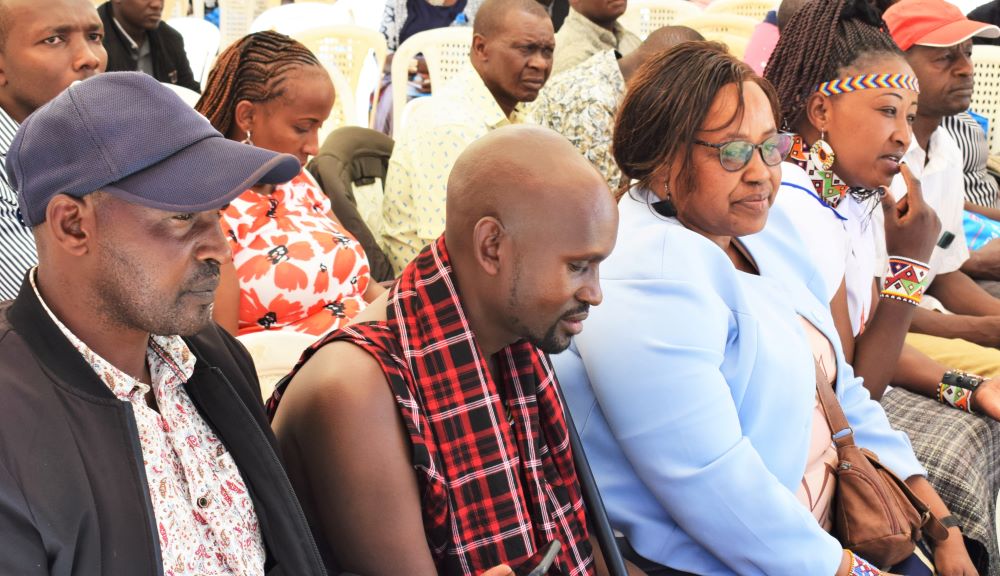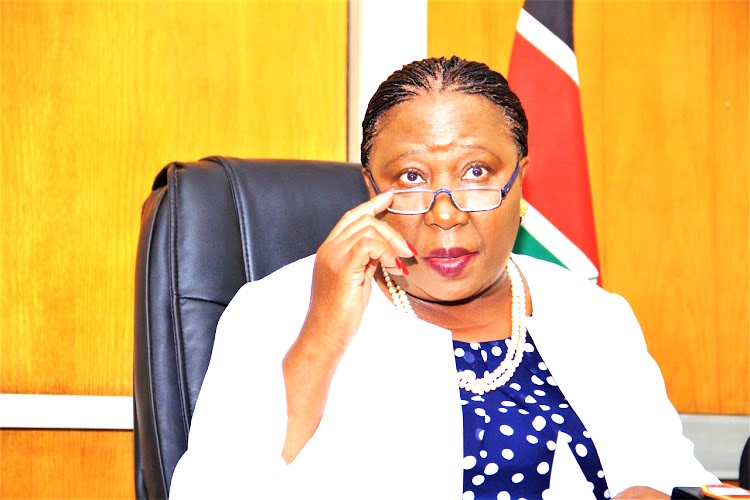Fish farmers in Vihiga County have a reason to smile after the county government established its own largest facilities in the country, Mwitoko Fish Hatchery and Aquaculture Training Centre, from where they will get quality and certified fingerlings at subsidized prices.
Initially, farmers had no source of certified fingerlings, having to get it from distant hatcheries outside the county as well as from uncertified suppliers.
At times, farmers shared poor quality fingerlings from their low performing ponds, leading to losses and affecting food security and nutrition in the county.
The project was started during the Economic Stimulus Program between 2009 and 2011 with only 10 earthen ponds at the time.
To solve the problem of quality and certified fingerlings, the county government started the Mwitoko Fish Farm Project at Wemilabi Ward in Luanda Sub-county, named it Mwitoko Hatchery and Aquaculture Training Centre, and mandated it to produce Nile tilapia and the African cutfish for farmers within and outside Vihiga County.
The project was implemented by the County Department of Agriculture, the farm being designed by Wilson Munala, who is the current Director of Fisheries in the county. It cost close to KSh40 million in infrastructure and equipment.
After its launch on July 1, 2019, the farm increased the capacity from 10 to 31 ponds which are currently being used for the production of African cutfish and tilapia fingerlings.
Fish farmers in the county now get better quality fingerlings sourced from the farm, which has contributed to better food security and improvement of the economy of the local communities.
Currently, the fish farm supplies fingerlings to five counties: Vihiga, Kakamega, Siaya, Kisumu and Busia.
Further, the fish farm has also created employment for the community who perform various activities on the farm, in addition to attracting development through electricity connectivity.
Currently, apart from selling subsidized fingerlings, the farm offers training services, extension services, research and demonstrations, and attachment and internship opportunities for students.
The facility also serves as a link between the innovators, researchers and universities, plus the end-users who are farmers and the value-chain players in innovations or technologies.
Some of these institutions include Maseno University, Moi University, Masinde Muliro University of Science and Technology (MMUST), Kaimosi Friends University, Bukura Agricultural College, and Kisii University.
Artificial propagation of cutfish and sex reversal (from female to male) of tilapia is done at the facility. Males are preferred as they feed less and grow faster and bigger, hence ideal for commercial purposes.
By Roy Hezron
Get more stories from our website: Sacco Review
Kindly follow us via our social media pages on Facebook: Sacco Review Newspaper for timely updates.


